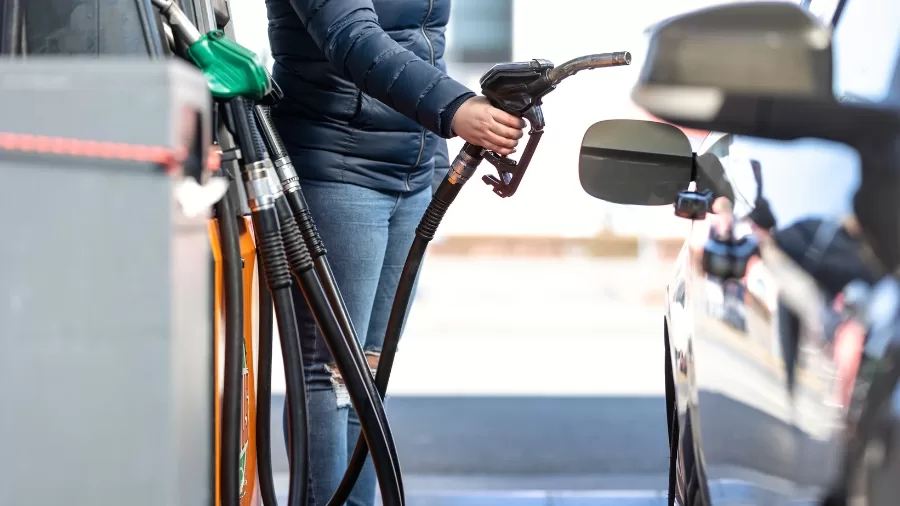Auto
Will the 2030 Petrol Car Ban Spark a Revolution in Driving?

- The UK’s 2030 ban on petrol and diesel cars aims to accelerate electric vehicle adoption but faces challenges related to infrastructure and pricing.
- A consultation process is underway to assess the impact of the ban, with discussions focusing on hybrid vehicles and enhancing charging infrastructure.
- Political parties and the auto industry are debating the transition’s pace, with Labour proposing more aggressive targets and incentives for EV adoption.
The UK government‘s commitment to phasing out petrol and diesel vehicles by 2030 has sparked intense discussions and concerns across the automotive industry, consumers, and environmental groups. Initially introduced as part of a broader strategy to reduce carbon emissions and promote cleaner transportation, the 2030 ban aims to make electric vehicles (EVs) the standard, accelerating the nation’s shift toward zero-emission vehicles (ZEVs).
Consultation Process and Industry Reactions
In response to growing concerns, the UK government has launched a consultation to evaluate the potential impact of the 2030 ban on petrol and diesel vehicles, alongside possible policy changes. This consultation, which has garnered attention from industry leaders and experts, aims to ensure a smooth transition to electric vehicles (EVs), considering factors such as pricing, EV charging infrastructure, and the rate of innovation in the automotive sector. This move follows the government’s decision to uphold the 2030 deadline, despite calls to reconsider or delay the ban.
The automotive industry, represented by manufacturers and trade associations, has expressed both support and concerns. While automakers are heavily investing in EV technology and updating production lines, the shift has faced challenges. Many experts argue that the current EV charging network in the UK is inadequate to meet the expected demand, potentially hindering widespread adoption. Additionally, there are concerns regarding the environmental impact of battery production and disposal, as well as the affordability of electric vehicles for the average consumer.
Labour’s Ambitious Electric Vehicle Plans and the Political Debate
The debate surrounding the 2030 ban has expanded into the political arena, with different parties proposing their own solutions. The Labour Party, for instance, has outlined plans to bring forward the government’s 2030 deadline and implement more aggressive electric vehicle sales targets. Their goal is to enhance accessibility and affordability, ensuring that EV adoption is more achievable for the average consumer. Labour has also called for faster development of charging infrastructure to prevent any region from falling behind in the transition to electric vehicles.
At the same time, there is growing interest in hybrid vehicles, which could serve as a bridge between traditional internal combustion engine (ICE) cars and fully electric ones. Some experts have recommended that the government consider the role of hybrid cars in the transition, as they can provide a temporary solution while the country works to build the necessary infrastructure to support widespread electric vehicle adoption.
Challenges and Opportunities Ahead
Despite the challenges, the adoption of electric vehicles presents the UK with a unique opportunity to lead in green technology and significantly contribute to global climate change mitigation efforts. The automotive industry is undergoing a profound transformation, and despite the obstacles, the transition could yield long-term environmental benefits, spur economic growth through innovation, and create new job opportunities within the green energy sector.
This proposed ban aligns with broader EU and global efforts to decarbonise transportation, with several countries setting similar timelines for phasing out petrol and diesel vehicles. However, the UK faces unique challenges, such as an ageing car fleet and high levels of fuel dependence in rural areas. These specific issues may require tailored solutions and additional support for the communities most affected by the shift to electric vehicles.
A Future Powered by Clean Energy
As the UK moves towards its 2030 goal of phasing out petrol and diesel vehicles, collaboration between the automotive industry, government, and consumers will be essential for a smooth and fair transition. The ongoing consultation process is pivotal in ensuring that the ban is implemented in a way that benefits the environment while supporting individuals and businesses through the change. Will the UK be prepared for a complete shift to electric vehicles by 2030? Only time will tell, but with the clock ticking, the future of transport is undeniably electric.



















































